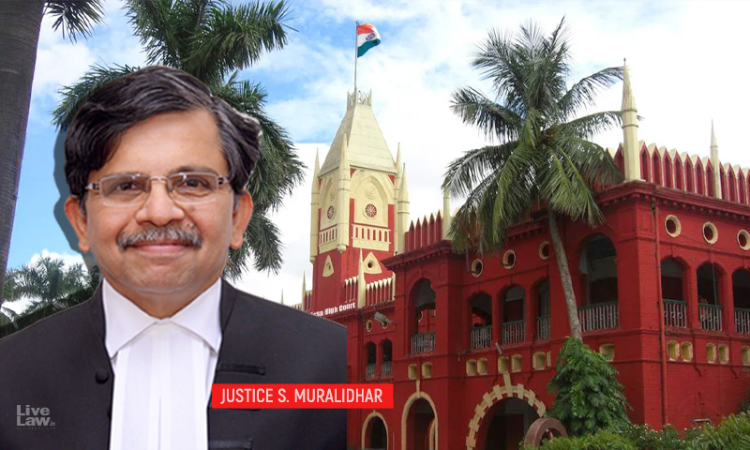Invocation Of Arbitration Clause In Tender Document Is Possible Only If Purchase Order Is Placed: Orissa High Court
Parina Katyal
18 May 2022 9:30 PM IST

Next Story
18 May 2022 9:30 PM IST
The Orissa High Court has ruled that till a purchase order is issued by the tenderee pursuant to the acceptance of an offer to supply, no completed 'contract' arises between the parties and thus the arbitration clause contained in the tender document is not attracted. The Single Bench of Chief Justice Dr. S. Muralidhar reiterated that the arbitration clause contained in the...
